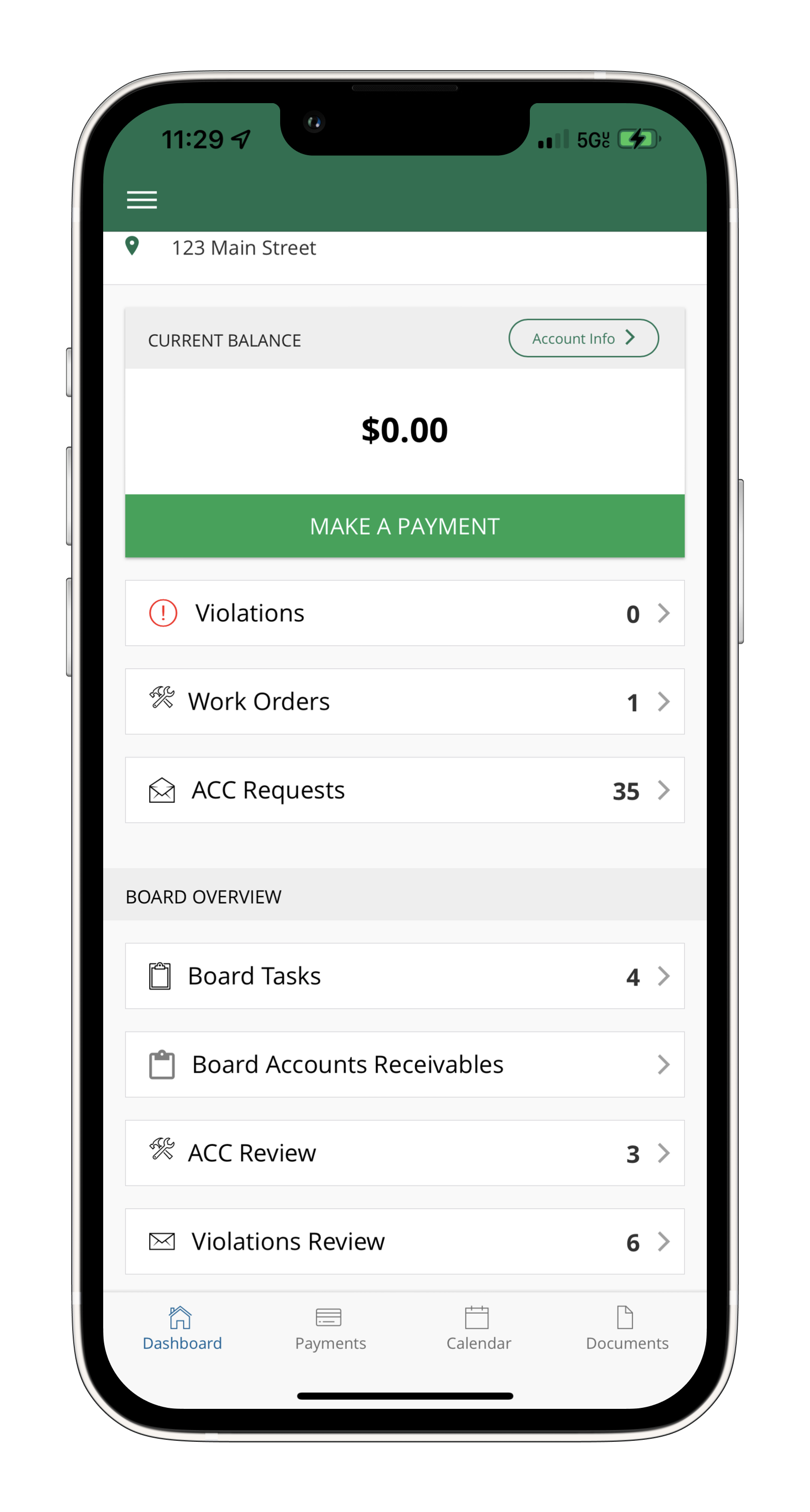
Is Your Board Using Technology Effectively?
February 11, 2020
Now’s the Time to Prepare Your Yard for Spring!
March 19, 2020No one ever actually slips on a banana peel, but… is your association avoiding other risks?
Below are five easy tips to reduce risk:
- Carefully Evaluate Contracts before Signing. In an attempt to keep projects moving smoothly and resolve complaints quickly, boards can be tempted to sign contracts before having those contracts fully reviewed. However, this can often lead to boards overlooking major issues. Some of the most common mistakes are overlooking whether the scope of work in the contract adequately represents the agreement of the parties, whether the contractor is appropriately licensed and insured, the circumstances when the association may terminate the contract, and the warranties offered on the work performed. For larger contracts involving significant expenditures or a lengthy term, the board should consider having the contract reviewed by the association’s legal counsel.
- Maintain Proper Insurance. Associations generally should carry insurance policies on property, liability, directors and officers (D&O), fidelity, and excess/umbrella coverage. The most common pitfall is carrying the appropriate property insurance. For associations governing single family planned unit developments, property insurance requirements will be solely controlled by the association’s governing documents. For condominium associations, property insurance requirements are controlled by both the governing documents and the Texas Uniform Condominium Act (“TUCA”). It is critical for condominium associations to ensure that they have proper coverage, as the association is insuring property owned by the owners (rather than property owned by the association). Such coverage will include insurance on the common elements, as well as in most condos also insurance on owners’ units and possibly even betterments and improvements made to units by the owners. Being underinsured can leave both the association and the owners exposed.[1]
- Enforce Your Restrictions. Associations by their very nature are created to enforce the restrictive covenants applicable to the communities they govern. If the association has a restriction or rule, the board should enforce it. Failing to take enforcement action may result in the association waiving that restriction. It could also give rise to a claim against the board for breaching its duty to enforce the restrictions. Owners purchase their homes often based upon the restrictions in place in the community, and the association places itself at risk of a claim when it fails to uphold the covenants as expected by the owners.
- Enforce Properly. The only action worse than failing to enforce the restrictions is enforcing them improperly. Condominium associations automatically have the right to fine for violations pursuant to TUCA (unless their documents state otherwise). Associations governing planned unit developments must have this right stated in their documents, or it may otherwise be an unauthorized charge and enforcement action. Make sure that the association gives all notices required by law and its governing documents. Use extreme caution when exercising more severe enforcement methods such as self-help and towing.
- Accurately Report on Resale Certificates. Resale certificates are required by statute to afford the purchaser protection in that the purchaser is made aware of all issues affecting the community and the property/unit. It is also the association’s opportunity to hopefully have violations affecting the property/unit addressed. If the association fails to list critical information on the resale certificate, there can be dire consequences for the association, including but not limited to waiver of a violation and the inability to recover unpaid assessments. The association will be bound by what it lists (or fails to list) on the resale certificate-make sure that information is accurate.

Dean Riddle
Founding Shareholder at Riddle & Williams, P.C.

If you found this article helpful, you may also find other topics relevant to your HOA on this blog at Community. Well-Served.
[1] Require your insurance agent to review your governing documents to ensure you procure the appropriate types and amounts of insurance.







